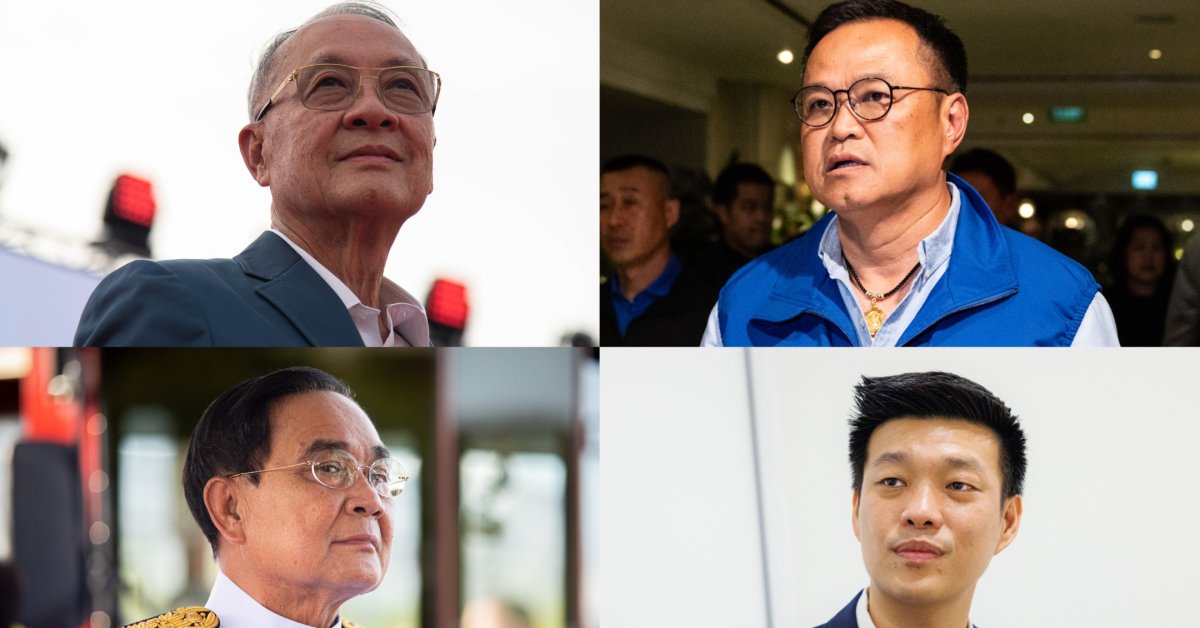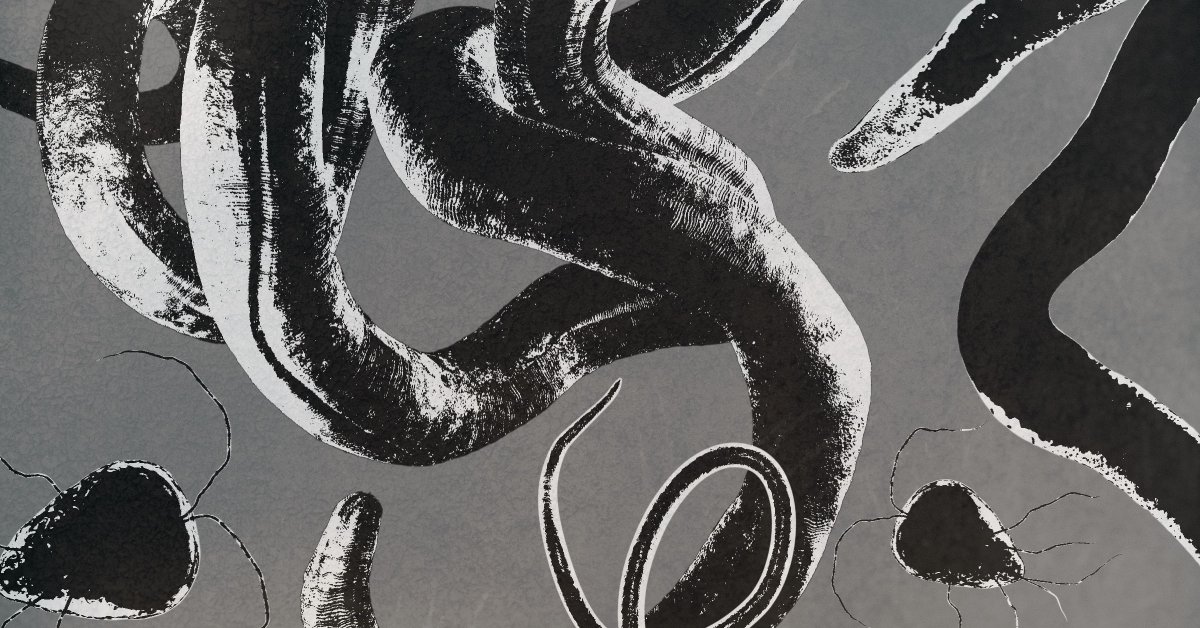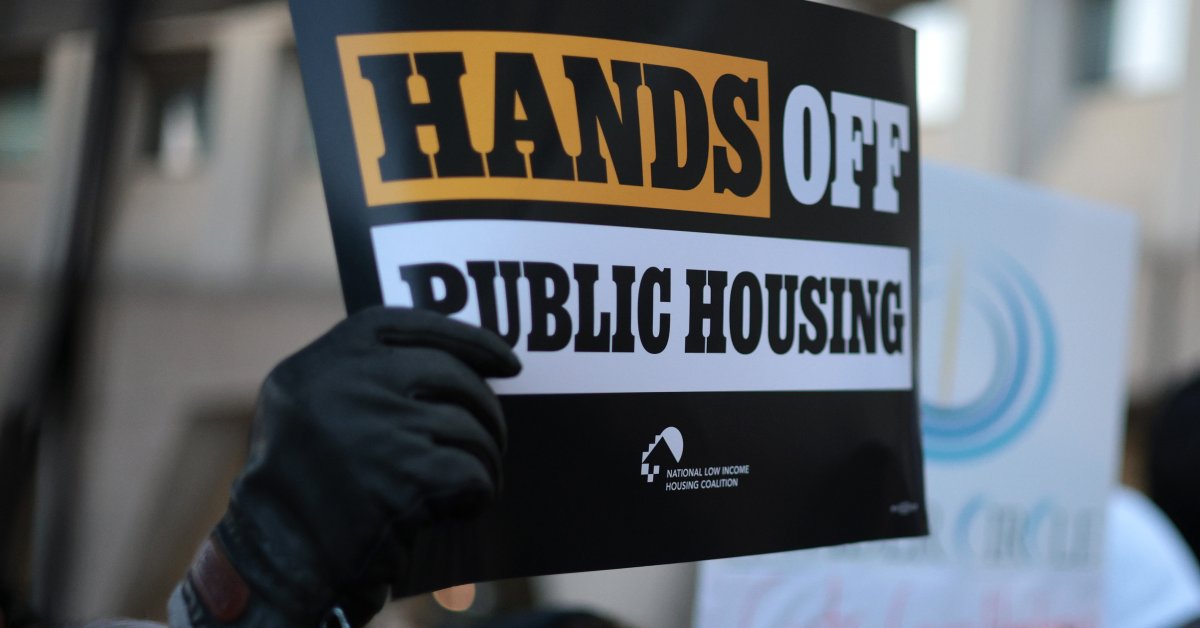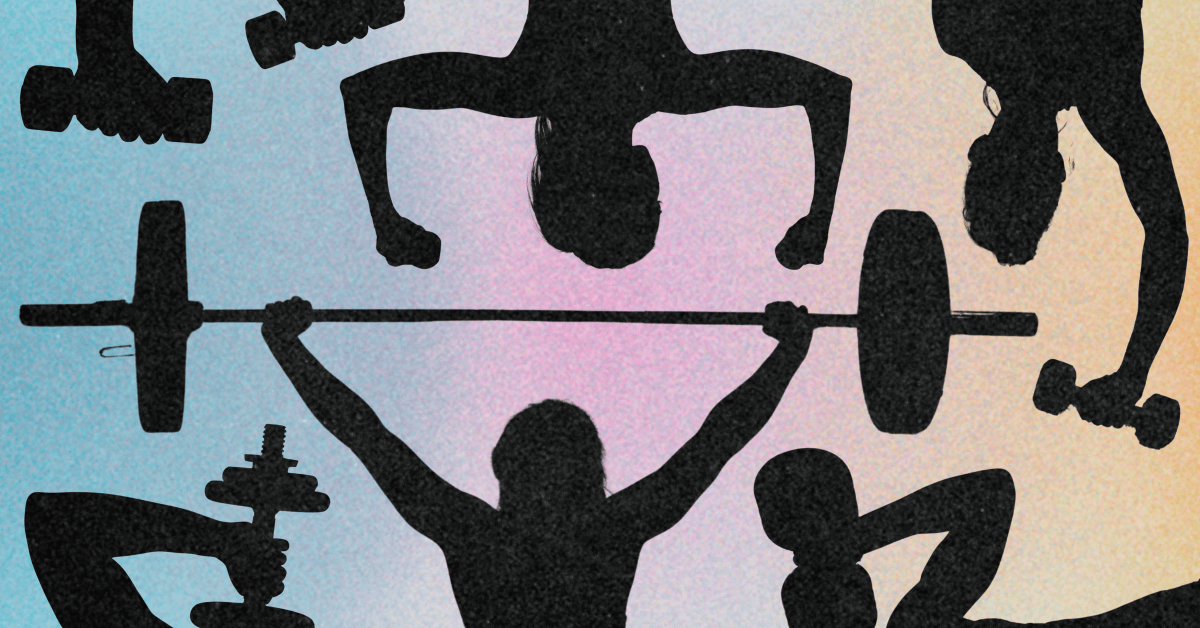Paetongtarn’s deputy, Suriya Juangroongruangkit, initially stepped in as caretaker, though his rein was short-lived as he was soon replaced on July 3 by Pheu Thai veteran and former Defense Minister Phumtham ‘Big Comrade’ Wechayachai, following a cabinet reshuffle.
Whether by court order, resignation, or political maneuvering, experts say, it’s unlikely Paetongtarn will ever return to the premiership. What comes next, however, is far from clear.
The populist Pheu Thai party—which has largely been seen as a political vehicle for Paetongtarn’s influential father, former Prime Minister Thaksin Shinawatra—took power after 2023 elections in which it finished second to the progressive reformist Move Forward party. In what was described at the time as a devil’s bargain, Pheu Thai partnered with conservative and military-aligned parties it had campaigned against to form a fragile coalition government.
In recent weeks, that fragile coalition has fallen apart. Its second-largest member party, Bhumjaithai, defected to the opposition. And remaining member parties have demanded concessions and threatened to leave, too. Should Paetongtarn be removed or resign, the Thai National Assembly will have to vote on a new Prime Minister—but only Prime Minster candidates from the 2023 election would be eligible.
If a majority of lawmakers can’t agree on a new leader, the caretaker would stay in place until the deadlock is broken. But if a majority of lawmakers can’t agree on a new leader but can get behind a no-confidence vote on the Pheu Thai-led government, then parliament would be dissolved and fresh elections would be held—two years ahead of schedule.
As much as the broader view of Thai politics seems to end up in the same place over and over again, the details of its twists and turns along the way can also be unpredictable, and no one knows exactly what lies ahead.
Here are four possible paths to know.
Read More: Exclusive: Thai Princes Banished Again as Eldest Says ‘I Did Nothing Wrong’
The ruling party holds on, with another new leader
Pheu Thai fielded three candidates in the last election: Srettha, Paetongtarn, and Chaikasem Nitisiri. With Srettha gone and Paetongtarn likely on her way out, Chaikasem would be its last option.
Chaikasem, who turns 77 in August, has extensive government experience: a former attorney general, he served as Minister of Justice under former Prime Minister Yingluck Shinwatra—Thaksin’s sister and Paetongtarn’s aunt—until that government was overthrown in 2014.
But there are a number of issues surrounding Chaikasem that “his opponents could exploit,” Napon Jatusripitak, visiting fellow and acting coordinator of the Thailand Studies Programme at the ISEAS-Yusof Ishak Institute in Singapore, tells TIME.
Chaikasem has previously expressed openness to amending Thailand’s controversial lèse-majesté law, which crosses a red line for many conservative royalists.
His health has also been a concern, after he suffered a stroke while on the campaign trail in 2023.
Chaikasem has tried to allay concerns about his health, telling reporters recently: “The stroke issue is no longer a problem. The large and small blood clots in my neck have dissolved, and my life is back to normal. I was able to play golf comfortably yesterday.”
He offered himself as ready albeit reluctant to step up.
“I would be willing to serve if assigned. But if I had a choice, I’d rather not — that would suit me just as well,” he said. “Am I ready to take on the premiership? As long as I remain in politics, I must always be prepared. But do I truly want to be Prime Minister? Who would willingly take on such an exhausting job? I wouldn’t. I’d rather spend time with my family and do whatever I please.”
Conservatives push a military return to power
Right now, the Pheu Thai-led coalition still holds a slim majority. But three medium-sized junior parties—United Thai Nation, the Klatham Party, and the Democrat Party—are sizable enough that their defection would tilt the balance. Of those, only United Thai Nation has a viable path to the premiership.
United Thai Nation, the party of former junta leader Prayut Chan-o-cha, is an ultra-conservative, pro-military, pro-monarchy party that fielded two Prime Minister candidates in the last election: Prayut, a former army general who seized power in 2014 and whose premiership until 2023 was marked by authoritarianism and crackdowns on democracy, and Pirapan Salirathavibhaga, the party’s current leader and a deputy prime minister and energy minister in the current government.
While some observers have speculated that Pirapan could make a play for the premiership, Napon says he does not have adequate support from even within his own party. Pirapan is being investigated by a national anti-corruption commission over an alleged ethics violation.
Prayut, on the other hand, could emerge as a “wildcard” candidate, Napon says, for conservatives to unite behind, if there’s an impasse in parliament.
Following UTN’s decisive defeat at the polls in 2023, Prayut announced his retirement from politics, though he was appointed to the King’s body of advisers later in the year.
While Prayut is only eligible to serve two more years before he reaches constitutional term limits, Titipol Phakdeewanich, a political scientist at Ubon Ratchathani University in Thailand, tells TIME that he could potentially pursue a comeback to lead the country until its next elections in 2027 by leveraging his “connections with the military and the establishment” to present himself as a “reassuring” intracoalition option for Pheu Thai patriarch Thaksin, who faces multiple legal battles including a lèse-majesté prosecution, to back.
“That means the power is still controlled by the elite and the conservative establishment,” which could be a positive for Thaksin, says Titipol, though he adds: “I don’t think it would be good for the future of Thai democracy.”
A ‘frenemy’ rejoins the coalition to helm it—or leads a new interim government with the support of the opposition
The biggest blow to Pheu Thai in recent weeks has been the defection of its largest coalition partner, Bhumjaithai.
The third-largest party in parliament, behind Move Forward’s new incarnation the People’s Party and Pheu Thai, Bhumjaithai was the largest coalition partner of the previous Prayut-led government and had made decriminalizing marijuana the centerpiece of its 2019 campaign. Its leader, former Health Minister Anutin Charnvirakul, sought the premiership in 2023 and, after joining the Pheu Thai-led coalition government—despite Pheu Thai’s campaign promises to recriminalize marijuana—was placed in charge of the powerful Interior Ministry. But in June, ahead of a contentious cabinet reshuffle that was expected to see Anutin lose his post, Bhumjaithai left the coalition, and Pheu Thai quickly moved to recriminalize marijuana.
Bhumjaithai originally said it would call for a no-confidence vote, but on July 3, after officially joining the opposition, it said it would hold off.
The head of the opposition, People’s Party leader Natthaphong Ruengpanyawut, suggested that to avoid political deadlock, one scenario could be for the opposition to back a “caretaker government” with a limited, clear mandate until new elections, focusing on stability and democratic reforms.
“I cannot speak unilaterally,” Natthaphong said. “Ultimately, the other side—the Bhumjaithai Party and Mr. Anutin himself—must also be in agreement with us.”
Anutin, however, denied agreeing to such a plan. “I have never proposed myself as an interim prime minister. The claim is untrue,” he said, adding that further discussions would need to take place.
Napon is skeptical that a Bhumjaithai-People’s Party alliance would work.
If the People’s Party helps Anutin achieve the premiership but opts to remain in the opposition rather than joining the government, as it said it would, “there’s a real risk that the result would be an unstable minority government that struggles to pass key legislation,” says Napon. “Would the People’s Party then be expected to help get it over the line? If so, wouldn’t that blur the boundary between government and opposition?” Furthermore, “there are no guarantees that the new government would deliver on the People’s Party’s conditions—namely, constitutional reform and the [eventual] dissolution of the House.”
But those concerns assume the plan even gets off the ground. The first issue, Napon says, is that the two parties alone fall short of a majority needed to decide the next Prime Minister. “They would still need to court additional MPs—potentially from hard-to-please parties.”
“Even though the People’s Party has backed away from its earlier push to amend the lèse-majesté law, any form of deal-making with the party could still be viewed unfavorably by the conservative establishment, which continues to wield significant influence over the scope and longevity of Thai democracy,” Napon adds. “Such a move could backfire on Bhumjaithai and undermine its efforts in recent years to position itself as a protector of conservative interests and a reliable ally of the establishment.”
Napon believes that Anutin may be using interest in cooperation from the People’s Party to “make himself appear more valuable and viable” to the conservative establishment—and Pheu Thai. “By suggesting that the People’s Party is open to backing him under certain terms, he positions himself as the candidate with the broadest potential appeal. In reality, though, it is still Pheu Thai—not the People’s Party—that holds the key to delivering him the numbers. The People’s Party serves more as a political prop that will allow Anutin to raise his price in the eyes of the establishment and potential coalition partners.”
A renegotiation between Pheu Thai and Bhumjaithai is not off the table, says Titipol. The two parties have historically been “frenemies,” he says, and while they differ on marijuana policy, they do not have any repelling fundamental ideologies that could prevent them from reconciling.
Anutin, according to Napon, was already “best positioned” to be the coalition’s next Prime Minister after Paetongtarn, and the Constitutional Court dropping a case against Bhumjaithai the same day it suspended Paetongtarn sent a “strong signal” that there’s support for the party within the establishment.
“I can see a scenario where Pheu Thai would be forced to support Anutin as Prime Minister,” says Napon, “because it has no other options” that would keep it even in proximity to power.
Progressives win a fresh election
A very unlikely but not technically impossible option would be for Pheu Thai to relinquish its hold on government and choose to dissolve parliament—a move which the party has already said it won’t do—or for the opposition to get a majority of members to support a no-confidence motion, which People’s Party leader and leader of the opposition Natthaphong has reiterated is his preferred course of action.
Either scenario would fast-track a new general election, which would allow voters to have their say on who gets to replace Paetongtarn.
A June poll from the National Institute of Development Administration shows that the People’s Party remains the public’s top choice: nearly 1-in-3 respondents picked 38-year-old Natthaphong as their preferred next Prime Minister, followed by about 13% picking Prayut and 10% picking Anutin, while about 20% of respondents said they hadn’t decided on a preference yet.
But as the last election showed, Thailand isn’t a democracy, and the people’s pick won’t necessarily take power following an election.
“The establishment and the deals are always made by those who are in power, and people don’t actually have much say on that,” says Titipol. Still, he adds, an election would allow people to “express their frustration” and “dissatisfaction.” And while “crony politics” seems unshakeable, he says, for many, optimism is too: “In Thailand, actually, anything is possible, even if it is impossible.”








